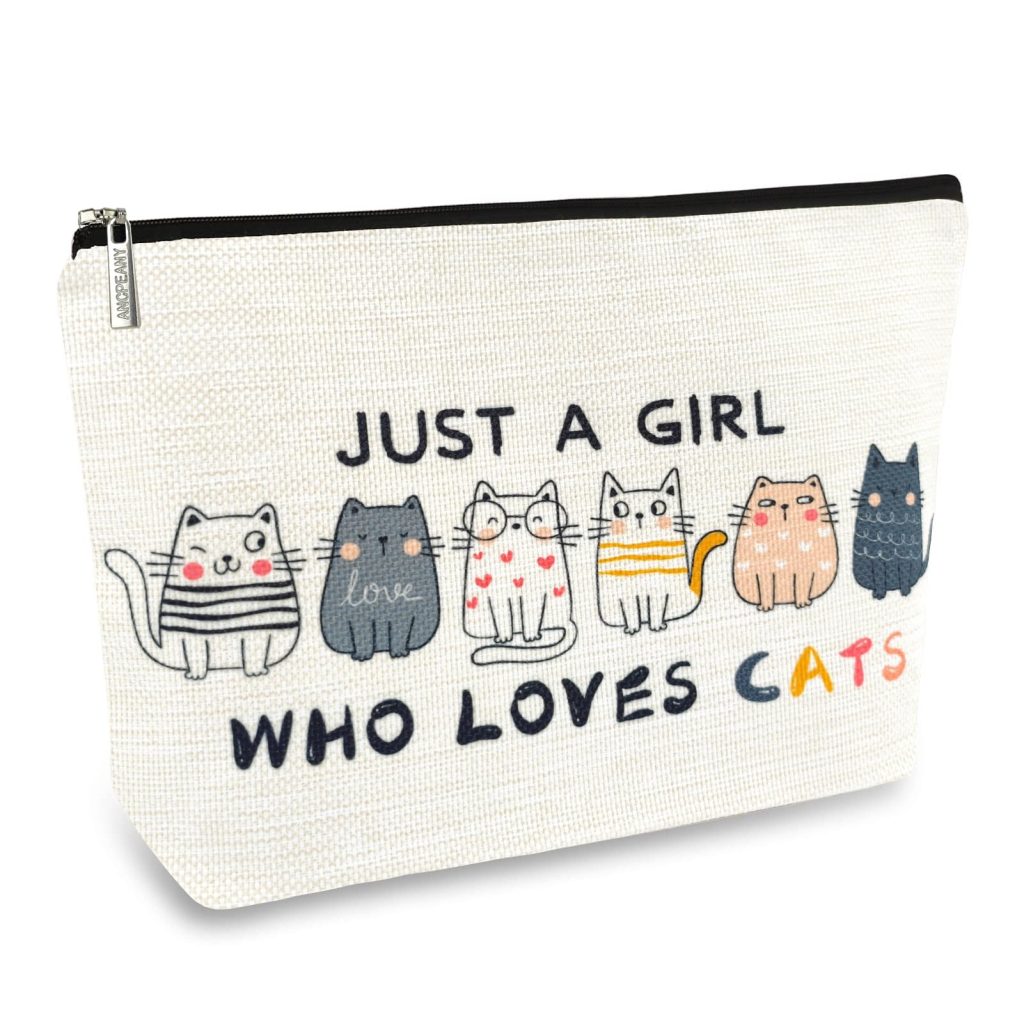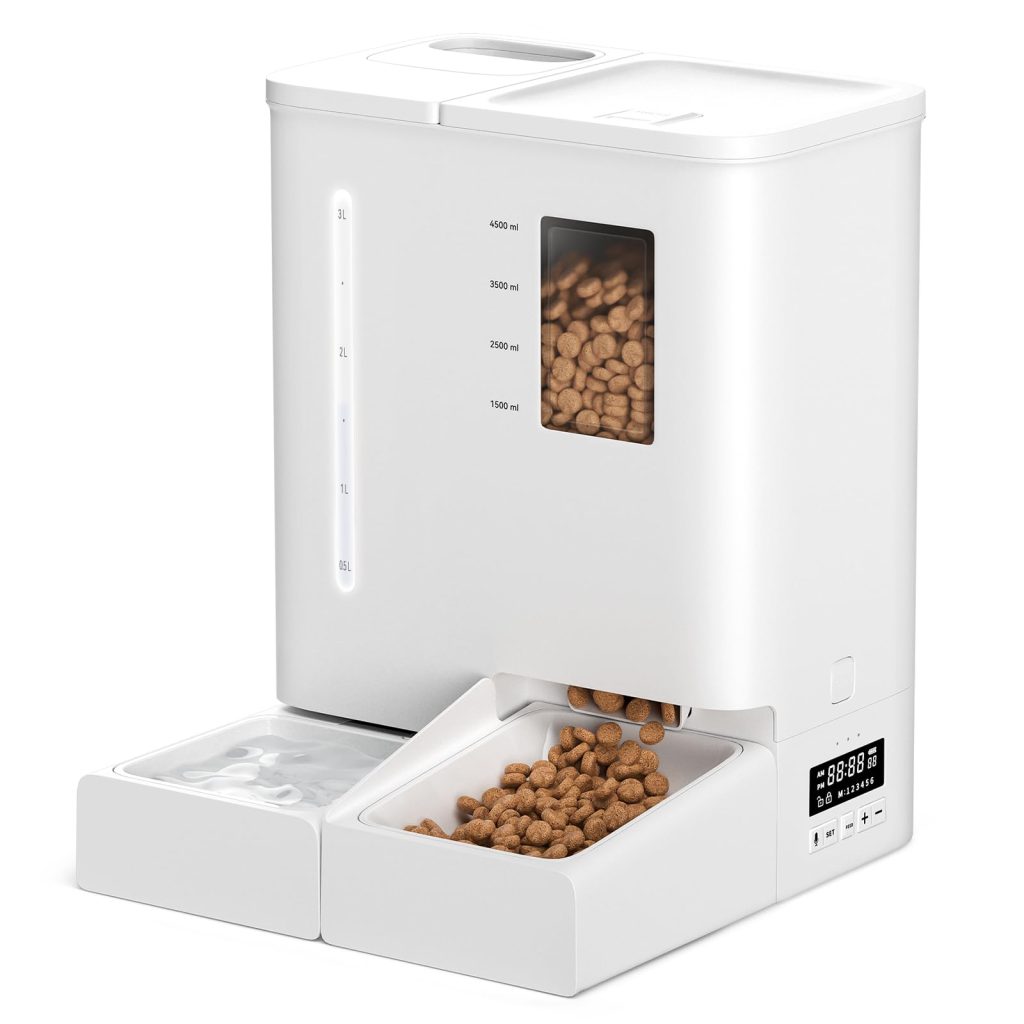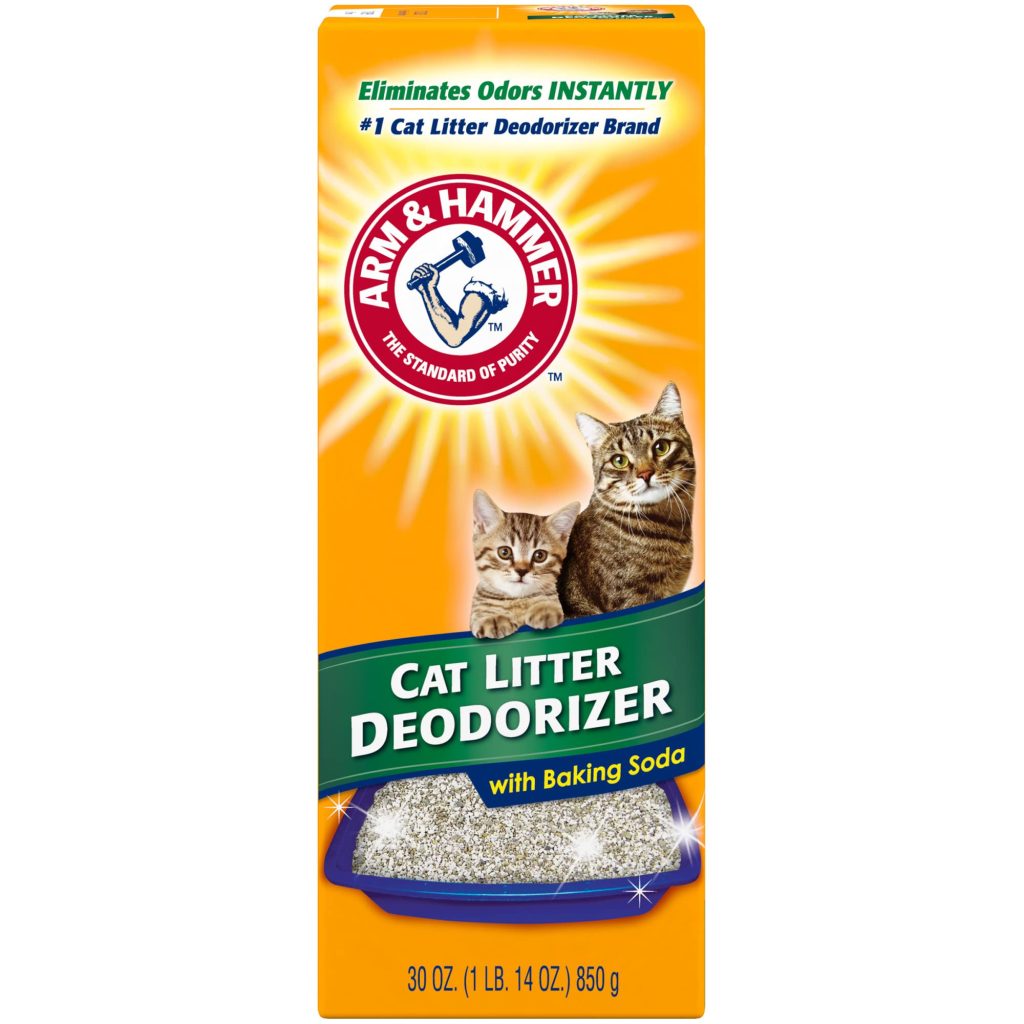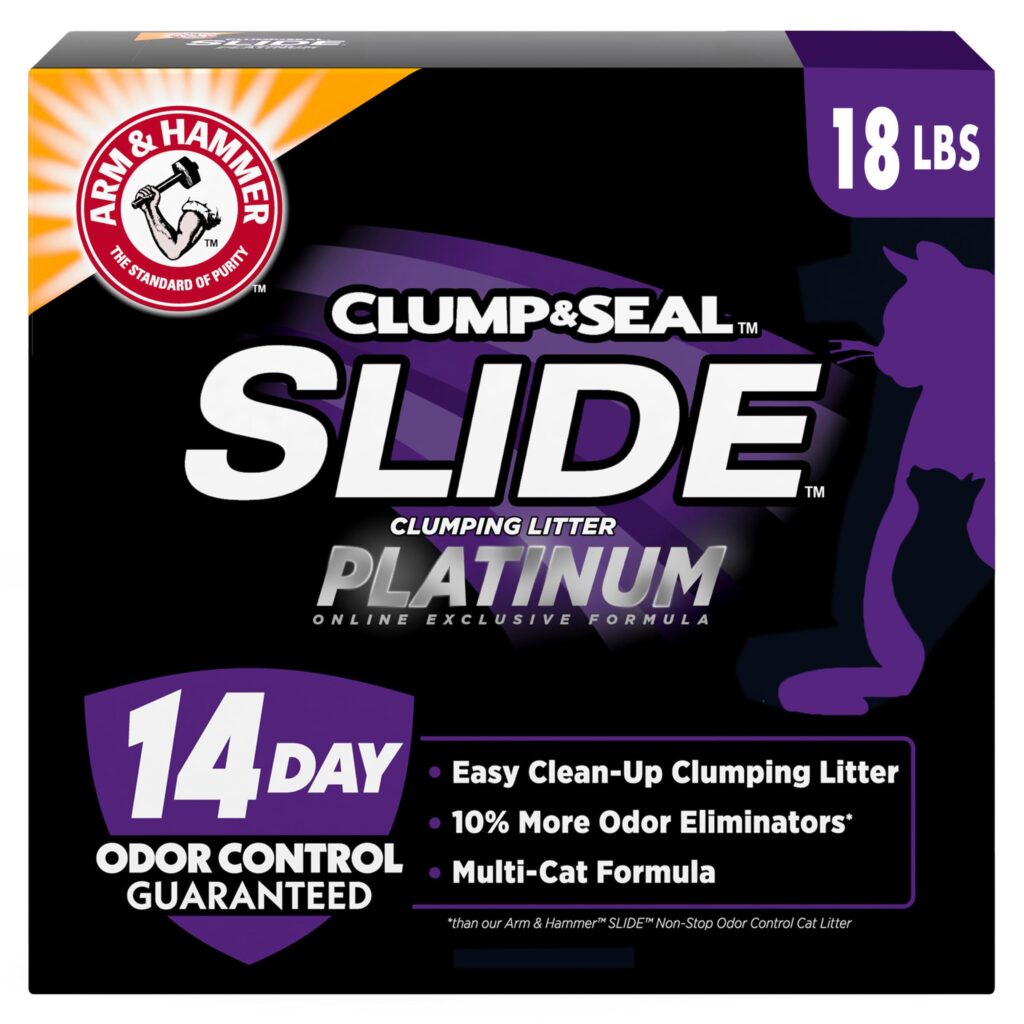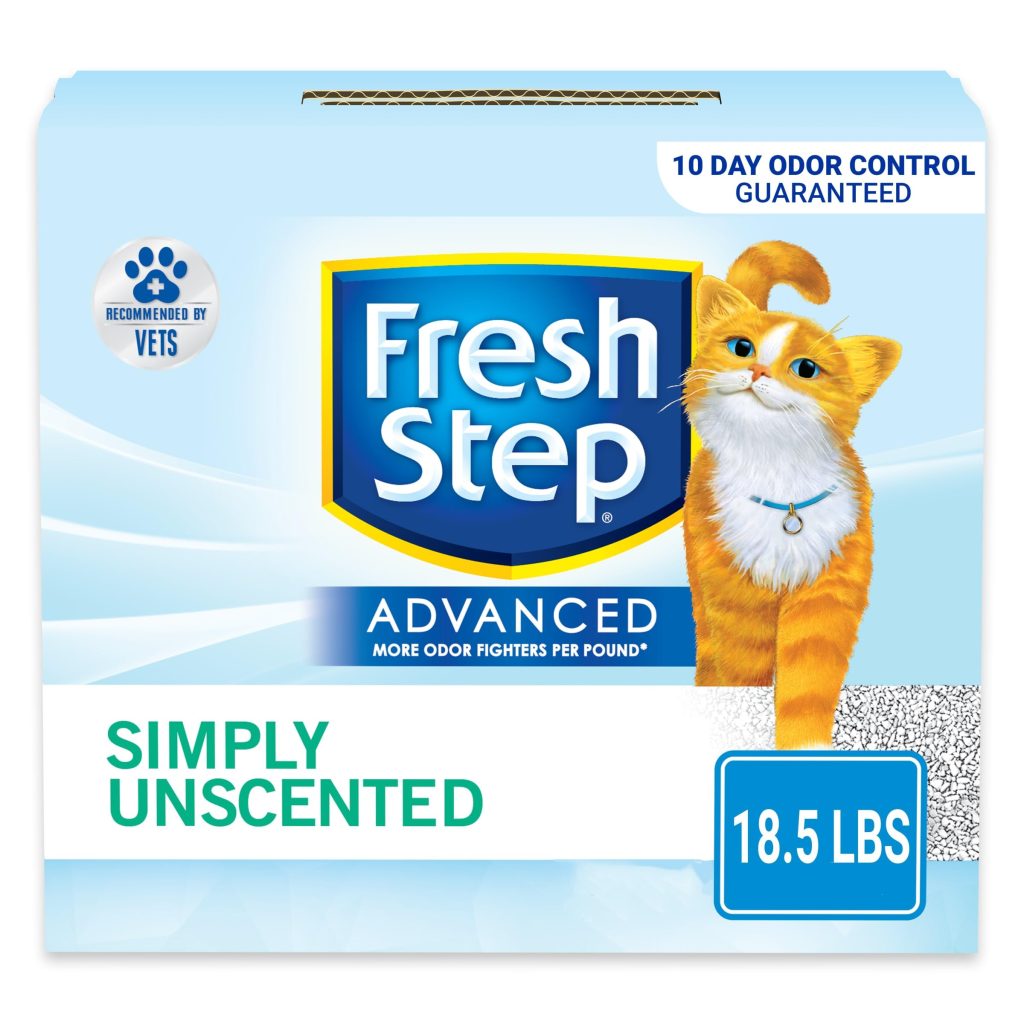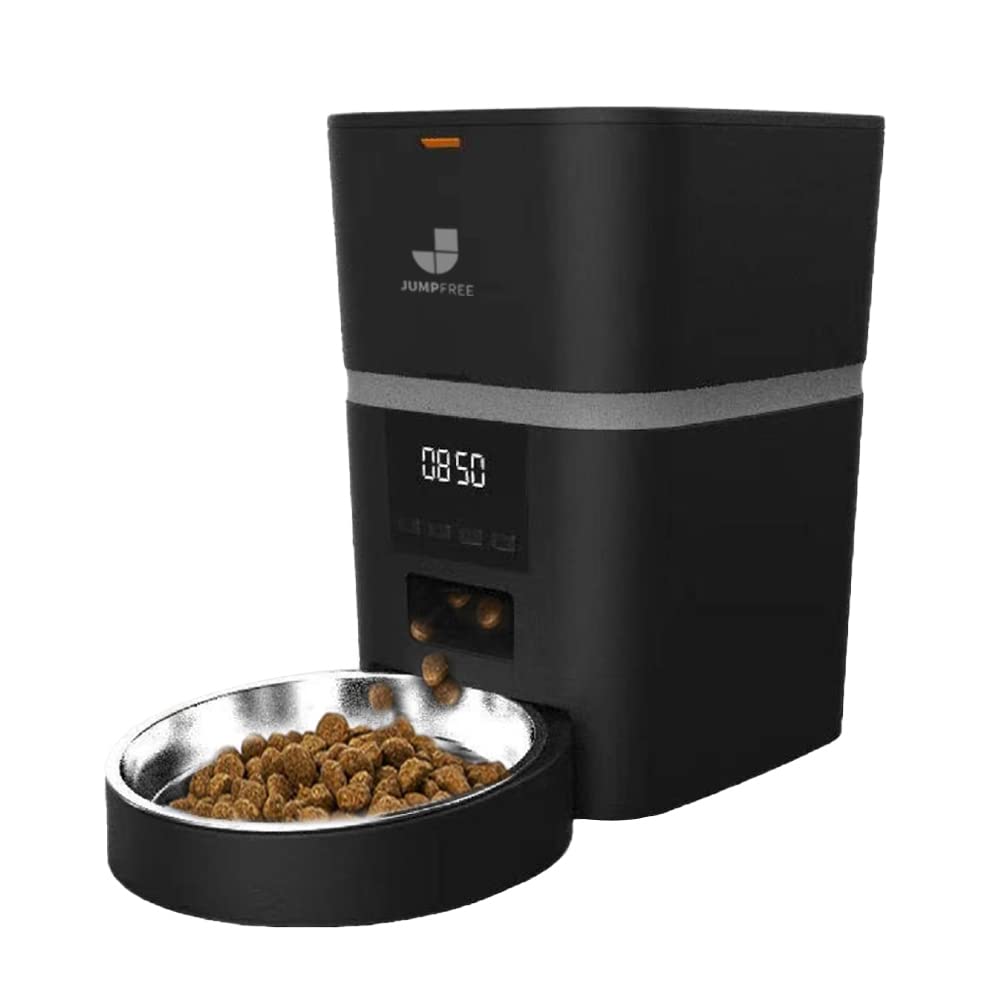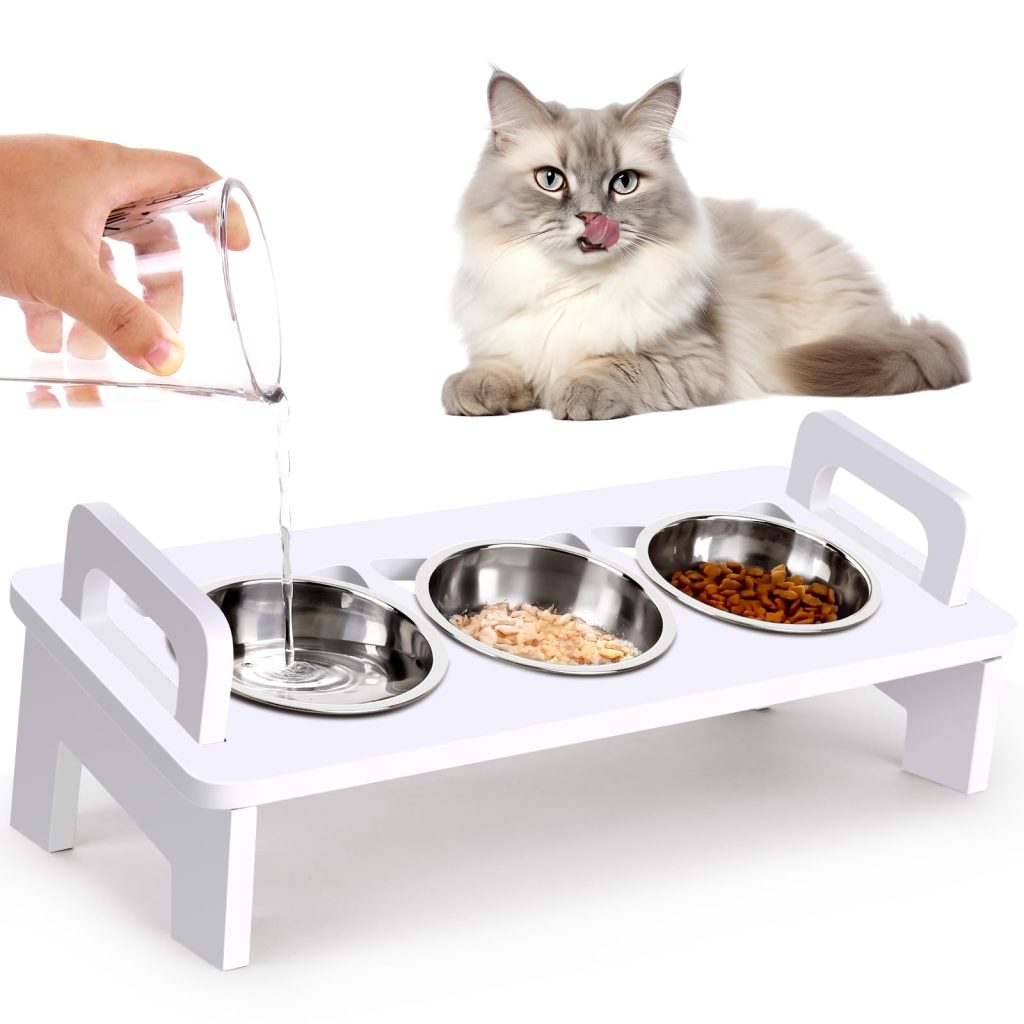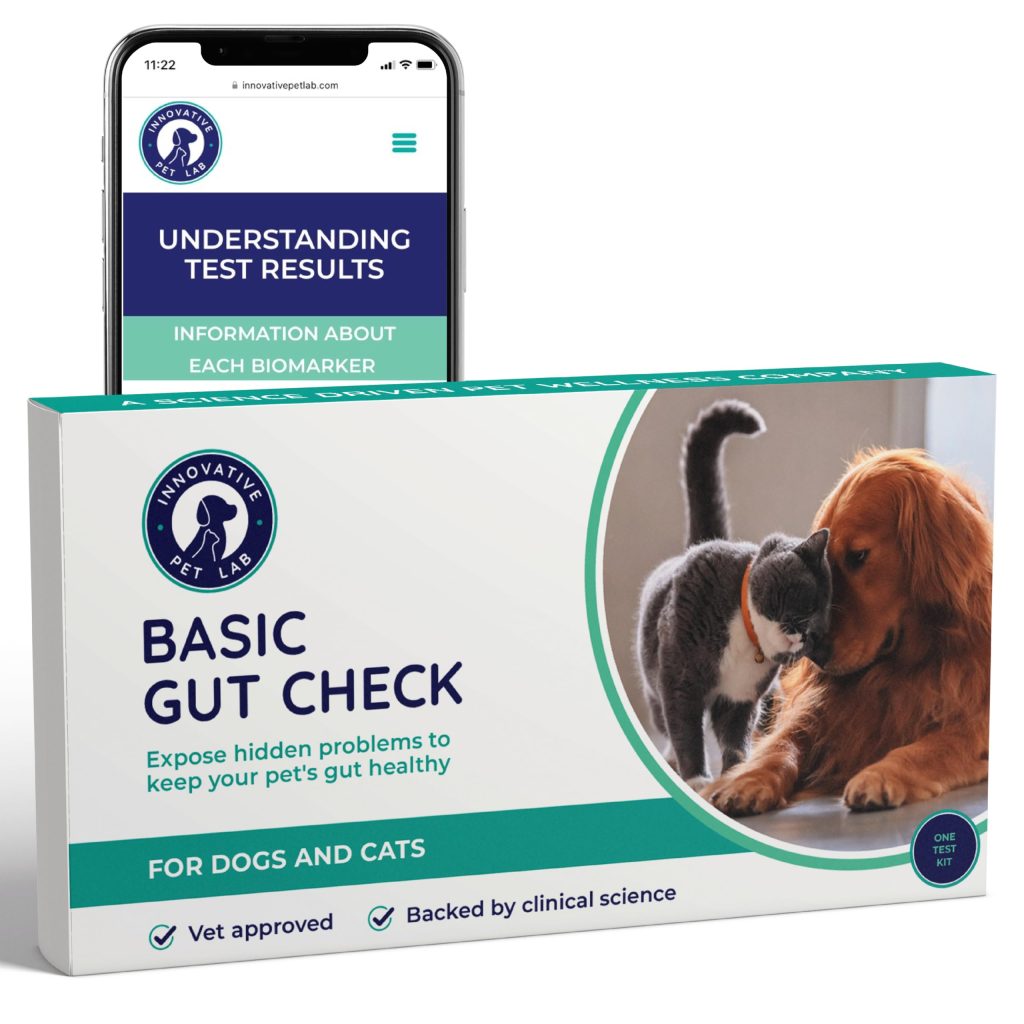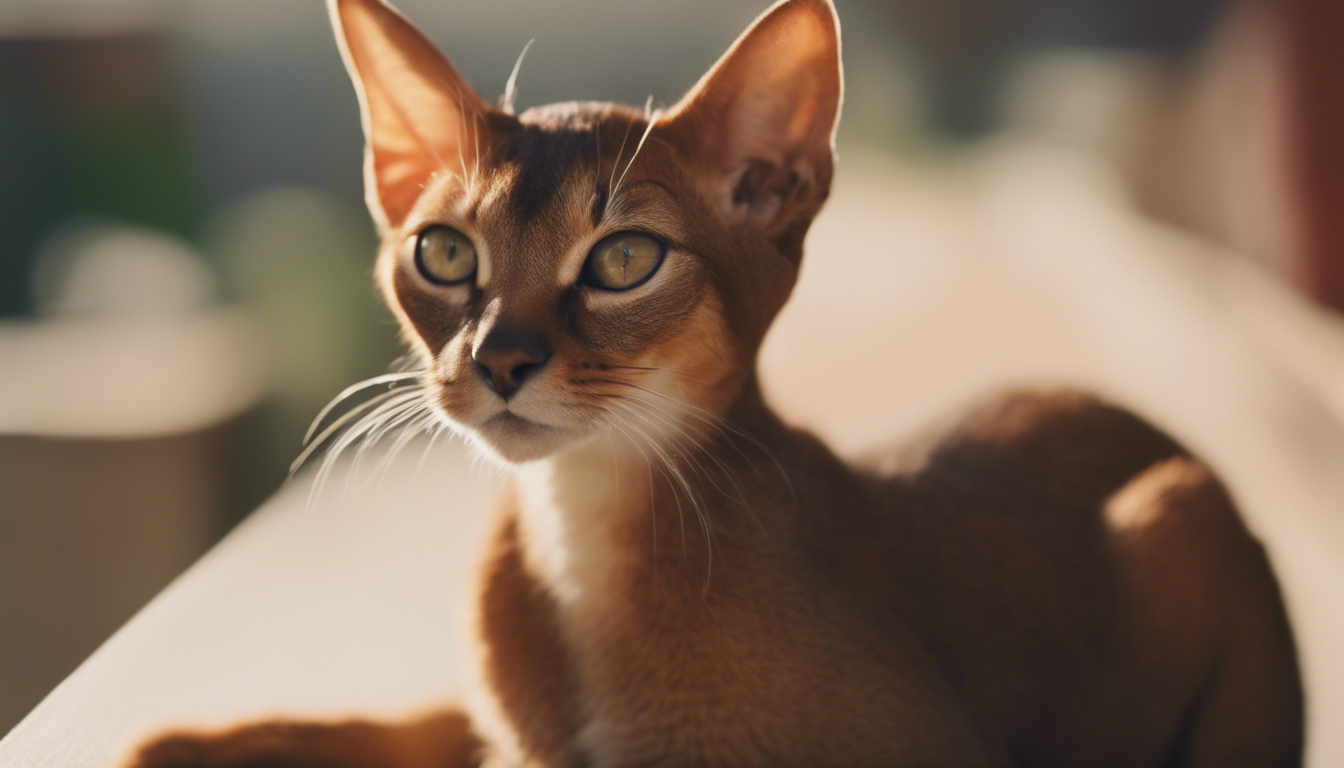
The Abyssinian is a popular and unique cat breed that is known for its distinct appearance and lively personality. If you’re considering getting an Abyssinian or if you already own one, it is important to understand the breed-specific traits, strengths, weaknesses, and care guidelines to ensure that your furry friend leads a happy and healthy life.
Breed-specific Traits
The Abyssinian cat has a medium-sized muscular body with a graceful and lithe build. One of the standout features of the breed is its ticked coat, which has bands of color on each hair giving it a beautiful shimmering effect. The Abyssinian comes in various colors, including ruddy, red, blue, and fawn.
The breed has almond-shaped eyes that can be green or gold, large ears, and a short to medium tail. Its regal appearance is further enhanced by its alert expression and intelligent eyes.
Temperament
Abyssinians are known for their inquisitive nature and high energy levels. They’re very intelligent cats and love to explore their surroundings. Being natural climbers, they enjoy climbing on furniture and perching at high places to observe their surroundings. Due to their active nature, they require mental stimulation and plenty of interactive playtime to keep them entertained.
These cats are also very affectionate and enjoy being around their owners. They are not usually lap cats but will often show their love by rubbing against your legs or following you around the house. They’re social cats and generally get along well with other pets in the household.
Strengths
- Abyssinians are highly intelligent and can learn tricks and play interactive games.
- They have a playful and friendly nature, making them excellent companions.
- They are low-maintenance in terms of grooming requirements.
- Abyssinians are generally healthy cats with few breed-specific health issues.
Weaknesses
- Due to their high energy levels, Abyssinians need plenty of exercise and mental stimulation. Neglecting their exercise needs can lead to behavioral problems.
- They can become bored and destructive if left alone for long periods of time.
- Abyssinians can be prone to gum disease, so regular dental care is essential.
Care Guidelines
Dietary Recommendations
To keep your Abyssinian healthy, choose a high-quality cat food that meets its nutritional needs. It is best to consult your veterinarian for specific dietary recommendations based on your cat’s age, weight, and activity levels. Provide fresh water at all times, and be mindful not to overfeed your cat to prevent obesity.
Exercise Needs
Abyssinians have high energy levels and require regular exercise to stay healthy and prevent behavior problems. Interactive toys, puzzle feeders, and play sessions with their owners are excellent ways to keep them mentally and physically stimulated. Consider dedicating time each day for play and provide a variety of toys to keep them engaged.
Grooming Requirements
Abyssinians have short coats that do not require a lot of grooming. However, it’s still important to brush their coats regularly, preferably weekly, to remove loose hair and prevent matting. The breed is an avid self-groomer and may benefit from occasional bathing to keep their coat in optimal condition. Additionally, make sure to trim their nails regularly and clean their ears to prevent infections.
Potential Health Issues
Abyssinians are generally healthy cats, but they can be prone to certain health issues. Some of the potential issues that can affect Abyssinians include:
- Gum disease: Regular dental care, including teeth brushing and dental check-ups, is important for maintaining good oral health.
- Patellar luxation: That is a condition where the kneecap temporarily dislocates. Regular vet check-ups can help identify and manage this condition.
- Amyloidosis: Abyssinians may be prone to a hereditary kidney disease called familial amyloidosis. Regular kidney function tests can help detect this condition early.
If you notice any unusual symptoms or changes in behavior, it’s important to consult your veterinarian for timely intervention.
Tip: Providing a scratching post and engaging your Abyssinian in regular nail trims can help prevent furniture damage.
Tip: Interactive toys, such as puzzle feeders and treat-dispensing toys, can keep your Abyssinian mentally stimulated and prevent boredom.
Caring for an Abyssinian requires offering a stimulating environment, regular exercise, and providing a balanced diet. Remember to shower them with love and attention, and you will have a happy and contented Abyssinian by your side for years to come!
